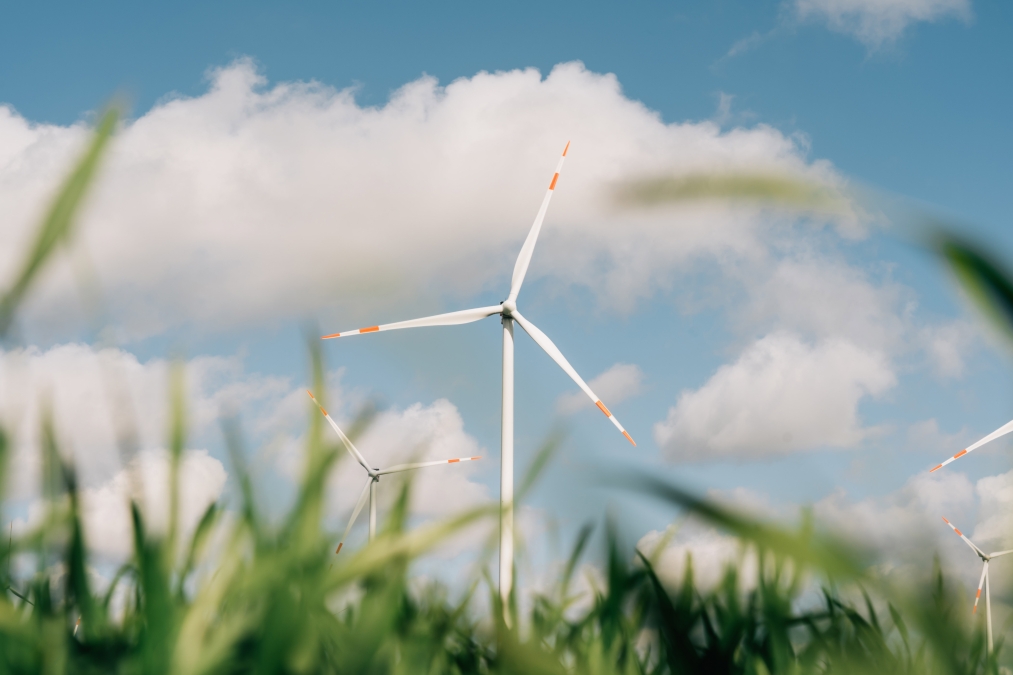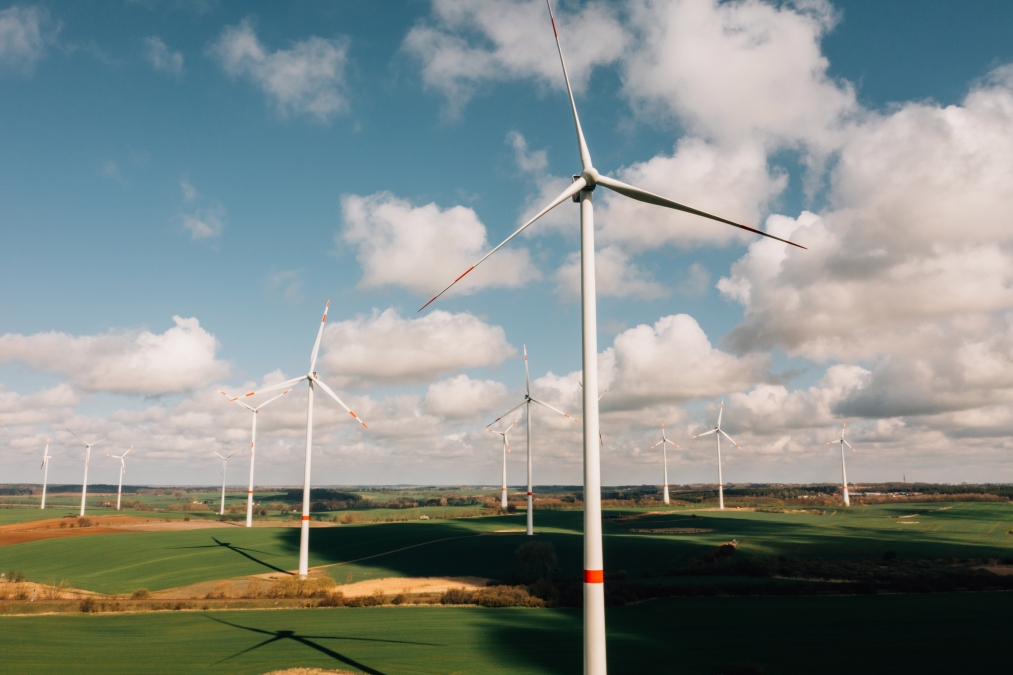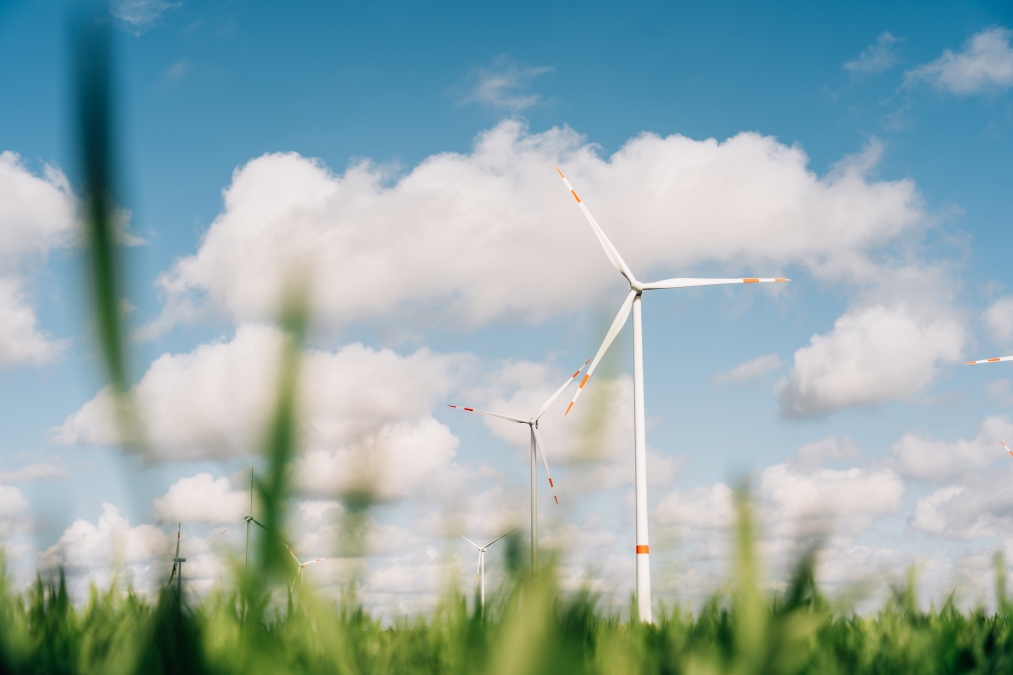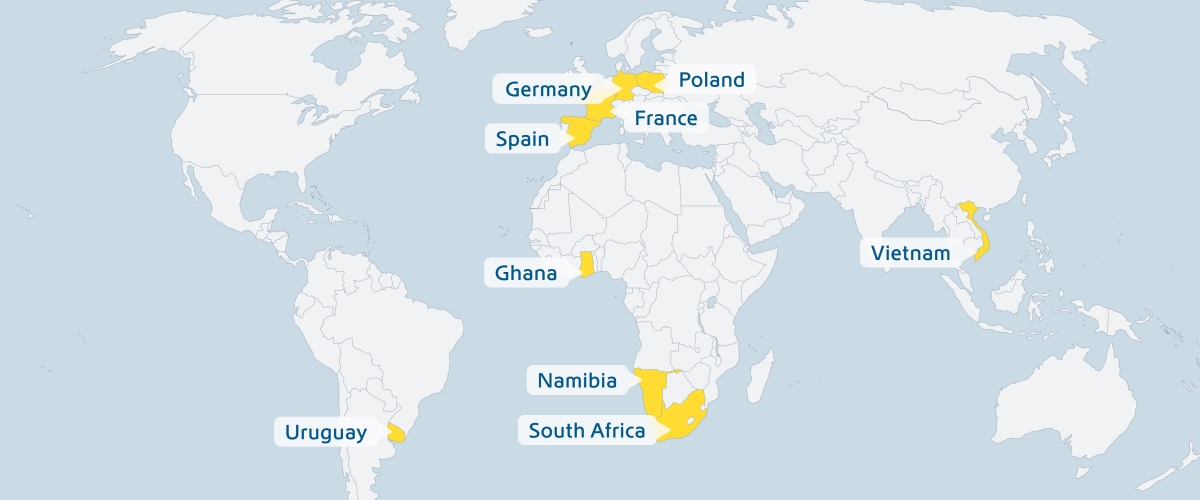
ENERTRAG plans green hydrogen project in the Tacuarembó region of Uruguay
Dauerthal (Germany)/Tacuarembó (Uruguay), 10.05.2022 | The international renewable energy company ENERTRAG, based in Germany, is planning the Tambor Green Hydrogen Hub in the Department of Tacuarembó, Uruguay. The project will consist of wind and solar plants as well as an electrolyser and conversion facilities for the production of green hydrogen and its derivatives.
In recent years, the interest in Latin and South America’s potential for the production of green hydrogen has been continuously increasing, given its world-class wind and solar resources. Besides the strong commitment of the Uruguayan government to a green energy transition, these are key factors for the generation of competitive large-scale renewable energy. Uruguay is one of the world's pioneers in the field of renewable energies and currently planning on becoming an exporter of green hydrogen and its derivatives. The country has the potential to produce hydrogen in the gigawatt scale and, thus, meet Germany's entire demand for methanol, for example.
The government of the Federal Republic of Germany has noticed these ambitions and, therefore, initiated the H2Global program, of which ENERTRAG is a founding member. The aim of H2Global is to create an efficient funding programme for a fast market ramp-up and import of green-hydrogen-based products to Germany. The envisaged funding mechanism will enable the long-term commercial operation of green-hydrogen plants and the market ramp-up towards an industrial scale which is required now.
ENERTRAG looks back on more than 10 years of experience in the production of green hydrogen and is currently developing international large-scale green hydrogen projects in Germany, South Africa, and Namibia. The company has already been active in Uruguay for several years, working closely with the German-Uruguayan Chamber of Commerce, among others. Last year, the company also had the pleasure of receiving a delegation led by the Minister of Industry, Energy and Mining, Omar Paganini, and other government representatives in Germany.
“We want to support Uruguay's role as a pioneer in Latin America in the implementation of a green energy transition. Uruguay is an ideal partner for Europe and us with its high-quality energy resources, its stable regulatory and political framework as well as its vast experience in permitting and implementing large-scale renewable energy facilities”, explains Aram Sander, Head of Department International Project Development PtX at ENERTRAG. “In addition, the production of green hydrogen and its derivatives offers huge possibilities in terms of growth and structural benefits.”
Tambor Green Hydrogen Hub, which in its first phase will consist of renewable energy plants (wind and solar photovoltaic) with a capacity of 350 megawatt (MW) and an on-site electrolyser, is planned and developed in cooperation with the Uruguayan project developer SEG Ingeniería. The 15,000 tonnes of hydrogen to be produced per year will be converted into e-methanol. The e-methanol produced here could compensate for around 10% of the methanol conventionally produced from Russian crude oil in Germany's largest refinery.
Methanol is an important feedstock for the chemical industry and can be used as an energy carrier. The synthesis gas required for methanol production is traditionally produced from fossil raw materials such as oil, natural gas, and sometimes coal. In the Tambor project, only renewable resources will be used. Thus, the end product can be called renewable e-methanol, whose production does not emit any climate-damaging greenhouse gases.
“The energy transition can only succeed through international cooperation and green hydrogen is key to this success”, Aram Sander adds. “With a rapid market ramp-up, hydrogen can not only positively contribute to the achievement of global defossilisation, but also directly reduce dependency on Russian oil and gas, while unlocking immense economic potential worldwide and allowing people to participate.”




